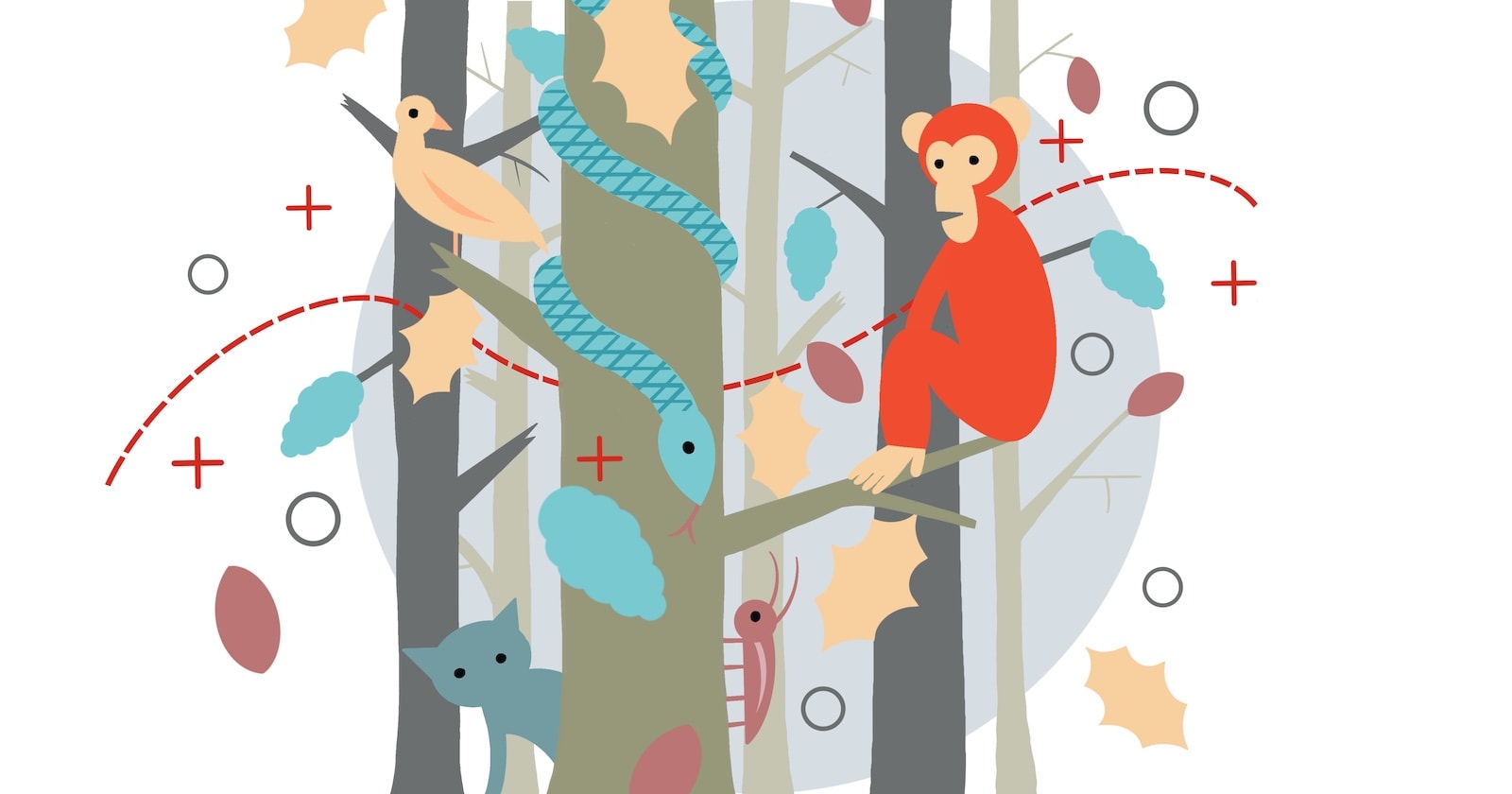Thursday, April 13, 2023
Biological diversity maintains balance in forests and seas and gives us everything we need to survive, including food, oxygen and drinking water, while protecting us from pests, fire and even diseases.
By Luis Meyer
The loss or increase of biodiversity is often impacted by phenomena as natural as seasonal changes. In contrast, as Encyclopedia Britannica reminds us, the loss of biodiversity due to human-caused disturbances tends to be more severe and longer-lasting. As causes, it cites uncontrolled agriculture, deforestation, the irruption of exotic species and pollution, among other reasons. A 2019 report by the Intergovernmental Science Policy Platform on Biodiversity and Ecosystem Services noted that up to one million plant and animal species may vanish due to human activities, which are driving the current rate of extinction 100 to 1,000 times higher than the natural rate.
Protecting the planet means protecting ourselves as a species: biodiversity is essential for human well-being, because it provides ecosystem services such as pollination, air and water purification, climate regulation and food production. And its decline is already having serious effects on the economy, health and food security.
Fortunately, the planet's regenerative capacity is very high, and it’s not too late to help many ecosystems to recover, or at least to save them from extinction. Last year, the European Union presented its Biodiversity Strategy 2030 with the aim of "bringing nature back into our lives to ensure that by 2050, the world's ecosystems are restored, resilient and adequately protected." To this end, the measures it has approved include broadening the network of protected areas on land and at sea throughout the EU, expanding the Natura 2000 spaces with strict protection for areas of high biodiversity and climatic value, and implementing a nature recovery plan.
The WWF appreciates this progress but considers it necessary to accelerate the pace. To do so, it proposes a plan of 15 measures, including "establishing a national plan to reduce the use of overexploited groundwater, expanding the national parks network, and restoring endangered species populations.”
"All species, even the most unknown, play a crucial role in ecosystems," the NGO states in its report, citing the example of cryptobenthic fish, which, despite being the world’s smallest fish, are essential for the survival of coral reefs. "The characteristics of most species make them irreplaceable for the functioning and balance of forests, seas, grasslands, wetlands and rivers: biodiversity gives us everything we need to survive, including food, oxygen, drinking water and medicine, helping to regulate climate and protect us from pests, fires and even diseases," the organization explains, concluding: "We must act now, because protecting biodiversity means protecting ourselves."
So, what can I do?
No need to wait for the International Day for Biological Diversity, May 22, to help protect biodiversity. With small daily gestures, you can make a big contribution to its conservation. For example, always being mindful of the three Rs in your way of consuming: reduce consumption, recycle what is consumed and, as far as possible, reuse. The rational use of water is also of vital importance.
When you go grocery shopping, stop to think for a minute, because it can have enormous advantages for the environment: whenever possible, avoid fruits and vegetables that come from intensive agriculture and buy local produce, because it requires no packaging or preservatives and saves the CO2 involved in transport.
Avoid purchasing exotic species in order to preserve local ecosystems and, of course, never abandon them. On a related note, when cultivating or planting trees in gardens, orchards, etc., be sure to opt for native species, as they help to maintain the balance of natural systems.
Finally, when you get away to the countryside or the beach, don't limit yourself to generating as little impact as possible: help to reduce the impact of others, too. Always carry a bag with you and pick up any litter that other people may have left behind.
¿Te ha parecido interesante?





